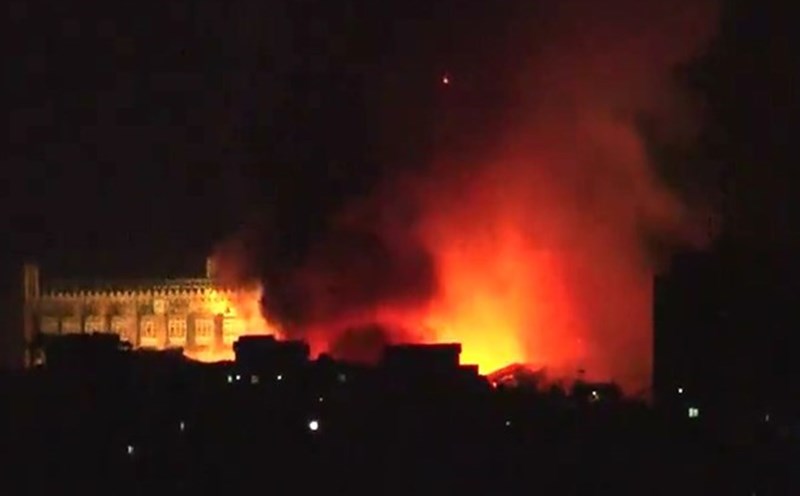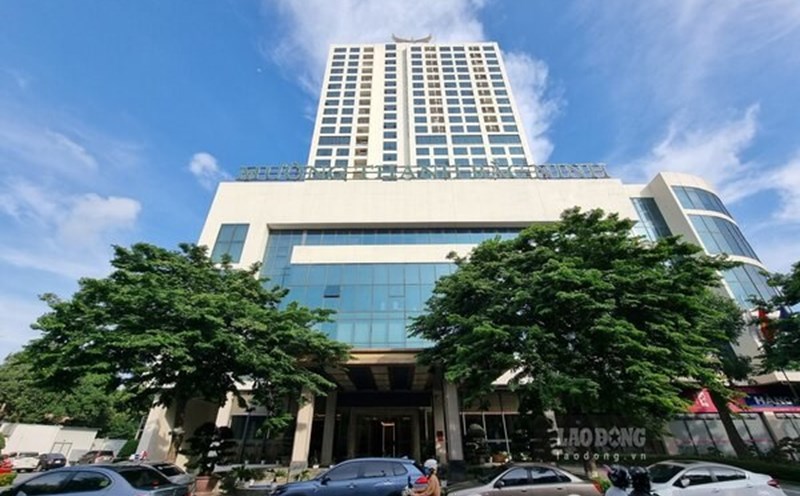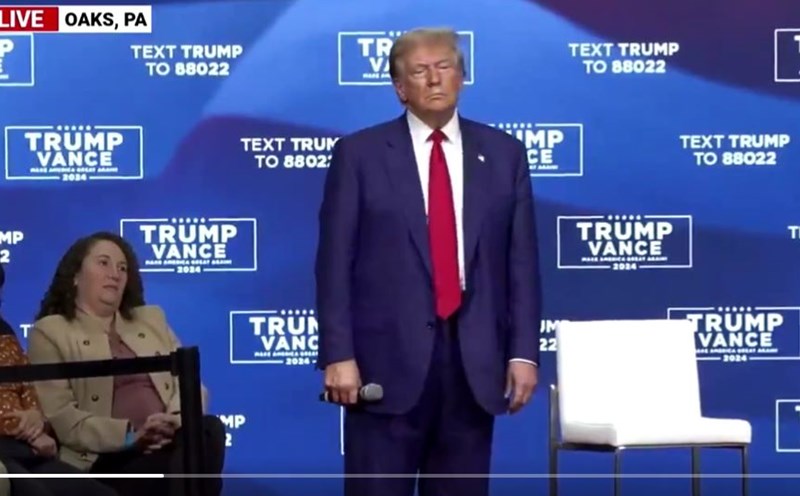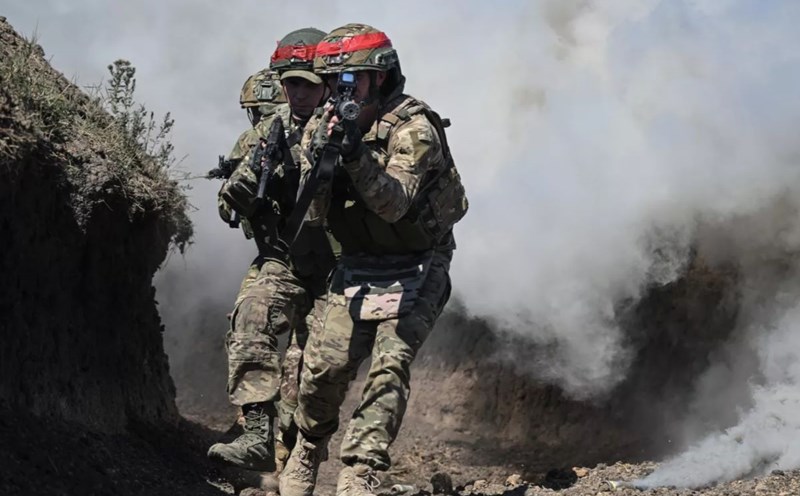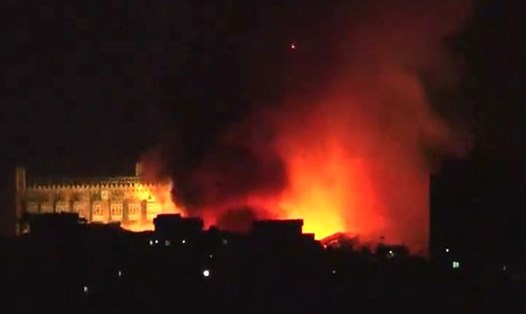According to Reuters, on October 15, Hezbollah deputy leader Naim Qassem warned that Israel would face a "painful" attack if the war continued in Lebanon, and called for a ceasefire.
“The solution is a ceasefire, we are not speaking from the position of a weakling, if the Israeli army does not want it then we will continue” - Naim Qassem said.
However, Hezbollah appeared confused when its leader Hassan Nasrallah was killed late last month and publicly agreed to the ceasefire without any conditions on October 8.
Israel has not commented on the strikes, but has said the goal of its strikes in Lebanon is to destroy Hezbollah and secure the border with Lebanon to allow tens of thousands of people to return home.
On October 14, Israeli Prime Minister Benjamin Netanyahu announced that he would strike Lebanon without mercy, including the capital Beirut. This move was in retaliation for the Hezbollah drone strike that killed four 19-year-old Israeli soldiers on October 13.
The United Nations says Israeli attacks in the past two weeks have affected a quarter of Lebanon's territory.
According to the Lebanese Ministry of Health, about 2,350 people have been killed in Lebanon, both civilians and soldiers, due to Israeli attacks; 1.2 million people have been forced to flee their homes in areas affected by the conflict between Israel and Hezbollah that began last October.

